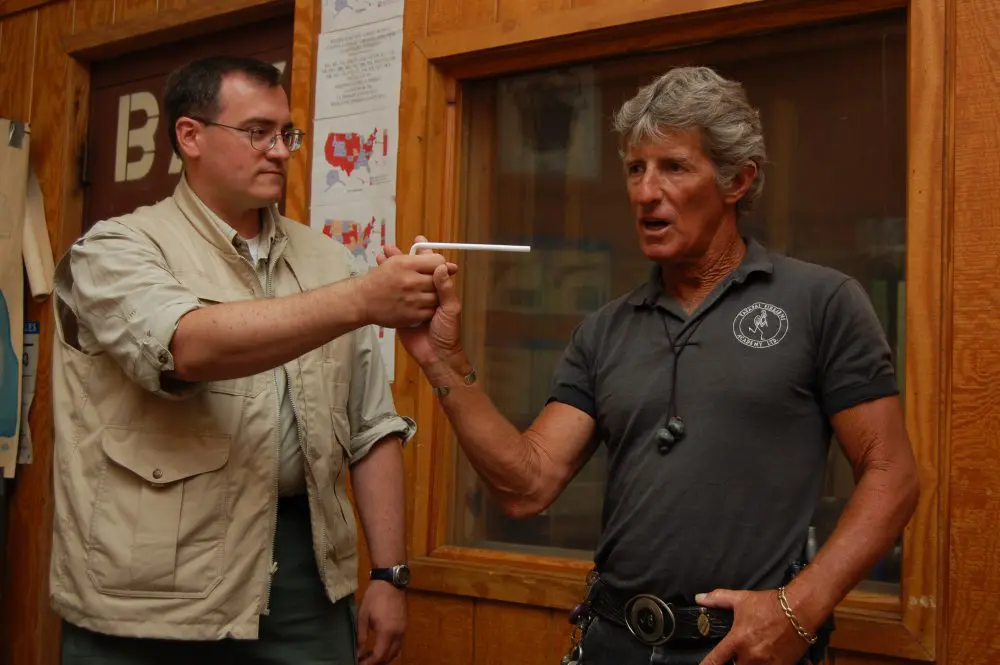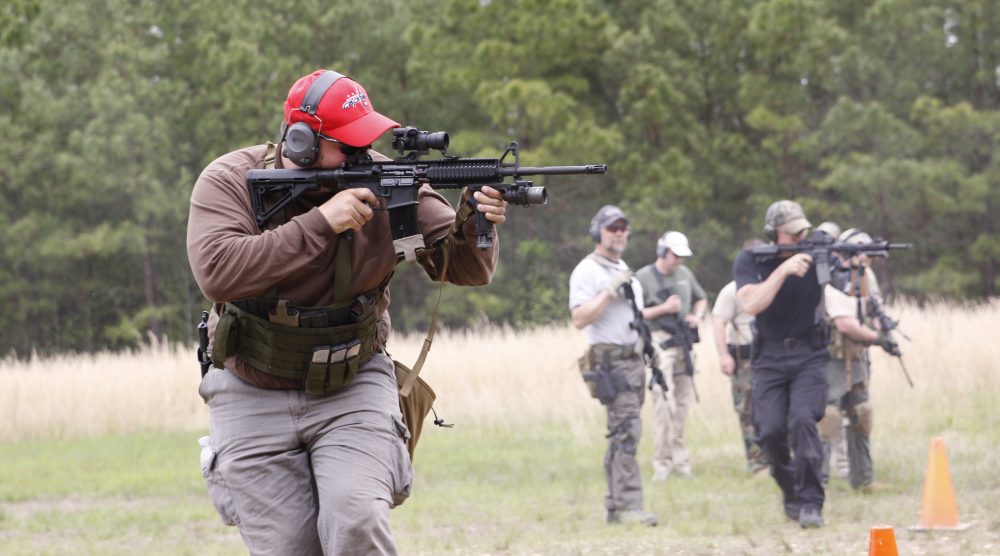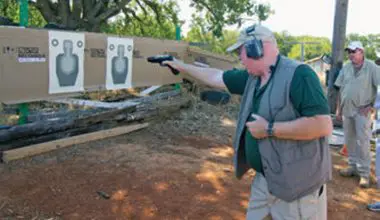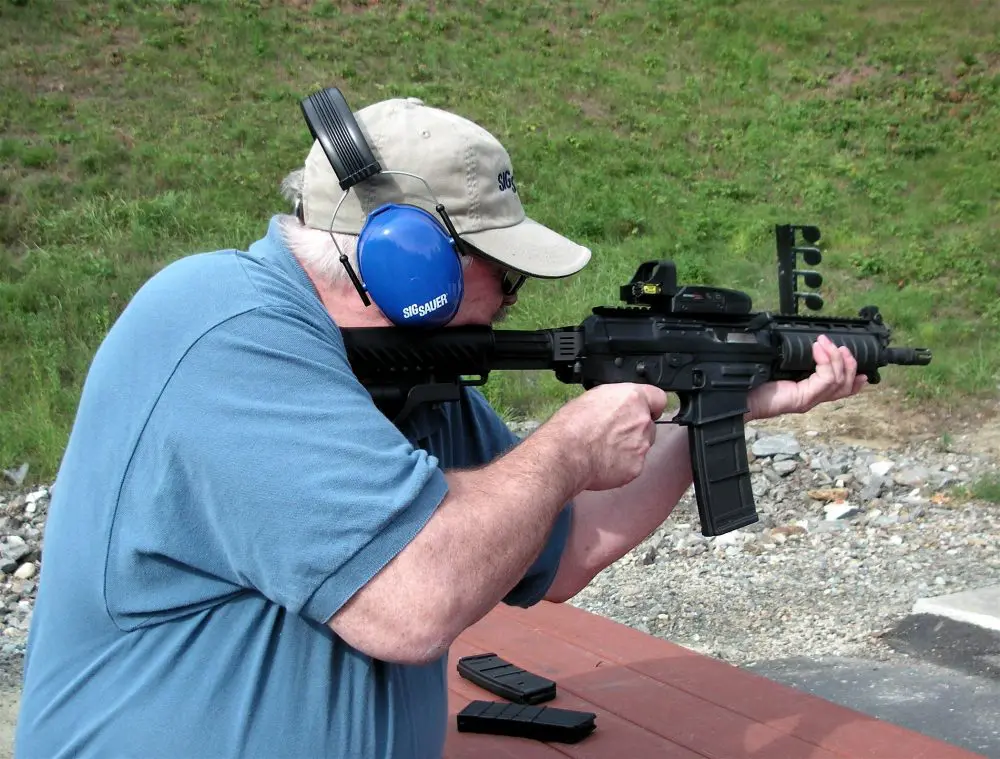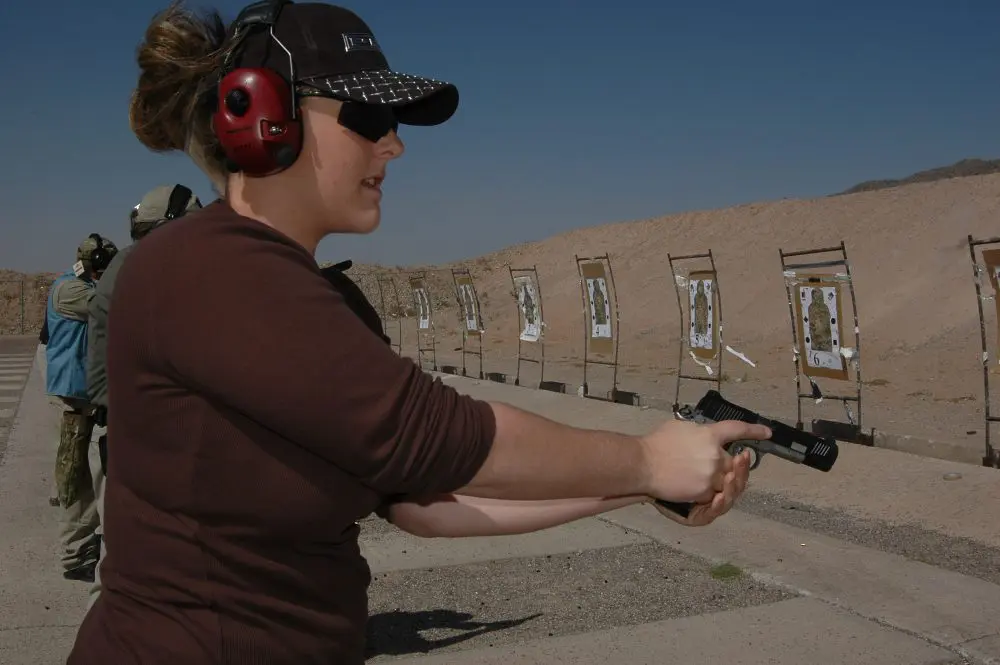WE’VE all seen it—the oft-times inefficacy of theory when used in practice. Every so often, textbooks, science, and so-called experts come together to design something that looks good in concept but in production turns out to be a white elephant. And this albino pachyderm seems to repeatedly appear like a bad penny—more often than not for the same root cause.
Yes, you attend school, college, and university to improve your education, but like the man said, everything he needed to know about life he learned in kindergarten. And since we tend to either overlook the obvious or place absolute faith in whatever drivel is written on the Internet, we often sink with the Titanic while Noah floats by on his Ark.
Every soldier has experienced this dubious pleasure in his first physical contact. The Boot Camp Bible went flying out the proverbial window one nanosecond after the incoming rounds started whistling by—and killing some of his first-timer buddies.
Yes, textbooks are a great source of learning, but there’s a reason they are called “guides.” They guide you on the Path of Life, but there’s no substitute for experience. And unfortunately in war, the only way you get experience is to stay alive dodging multiple bullets for a long time—not a great learningon- the-job prospect.
By nature of his occupation, the long-serving soldier will see many encounters over a long period of time, and survive to be an Audie Murphy or a Musashi. But how does he—or the “hopefully” once-only civilian prey— prepare for the initial or one-timeonly physical contest? Textbooks and experts can foretell only what should happen, not what often does occur in the future, and they are often wrong, even though they do the best they can.
Prognosticators like Michel de Nostradamus are few and far between, and their predictions are often open to different interpretations in retrospect— somewhat like non-participant battlefield Monday morning quarterbacking. “If only I’d been there, I would have foreseen the Black Plague, I would have advised King Charles not to position his hindquarters north of an upward travelling sword blade,” and on and on ad nauseam.
So how do you “gain the edge”?
The first thing to realize is that nobody is immortal. If somebody really wants to get you, consider yourself a nail and your enemy a hammer. All we’re talking about in the context of this article is that if he can’t find you, (a) he finds another nail, or (b) he misses you while delivering the blow and whacks himself on the thumb. You can’t guarantee a win on the roulette wheel of life, but you can lower the odds against losing by hedging your bets.
The second revelation is the first of the Thirty-Six Japanese Strategies of War: in essence, use subterfuge to make the situation (or yourself ) appear to be something other than it actually is. The 20th-century British military were masters of this art. Two examples: They deployed fake inflatable armored vehicles and flung hand grenades into buildings with the pins still intact for later retrieval. And they sure didn’t find those ploys in any World War II soldier’s manual. The point is that, if you’re going to fight fair, you’re going to lose. Use whatever is at your wit’s disposal, be it subterfuge or brutal force. Do whatever it takes, and remain continuously flexible in battle.
The third and most important factor is that there is only one constant in this situation—you! And most of your power comes from within. It is, for the most part, inherent in your system from an early age, waiting only for a catalytic sensei to unleash its potential, or for you to consciously unveil the catalyst. Unfortunately, it is up to you to search for the wisdom of the Old Masters, and the latent wisdom may be a lot closer to hand than you might think. Remember the kindergarten author?
Witness, for example, the poetic words of Bruce Lee, one of the greatest philosophers and martial artists of all time. Written three years before his death, it’s blatantly apparent from his poetry that only toward the end of his all-too-short lifespan had he discovered the great philosophical “secret,” which had subconsciously been there all his adult life.
“The medicine for my suffering
I had within me from the very beginning,
But I did not take it.
My ailment came from within myself,
But I did not observe it
Until this moment.
Now I see that I will never find the light
Unless, like the candle, I am my own fuel,
Consuming myself.”
—The Silent Flute, October 1970
We are our own worst enemies, but also our own strongest allies.
Once you discover that your innate power lies in philosophy and already existent, but latent, physical ability, there can remain only strategy, tactics, and Lady Luck—and these last three are the easy parts. Let’s face it, how many different ways can a human press a rifle trigger, speed-load a pistol, or apply basic strategy and tactics concepts? Don’t waste a lifetime scanning 100 yards ahead when the secret is in full view inches in front of your nose.
You already have the latent power. It remains only to seek out the right locksmith, be it textbook or sensei, and the door to the Old Masters’ wisdom will swing open of its own accord.
When you see the elephant in battle, you don’t want the white one on your side.
